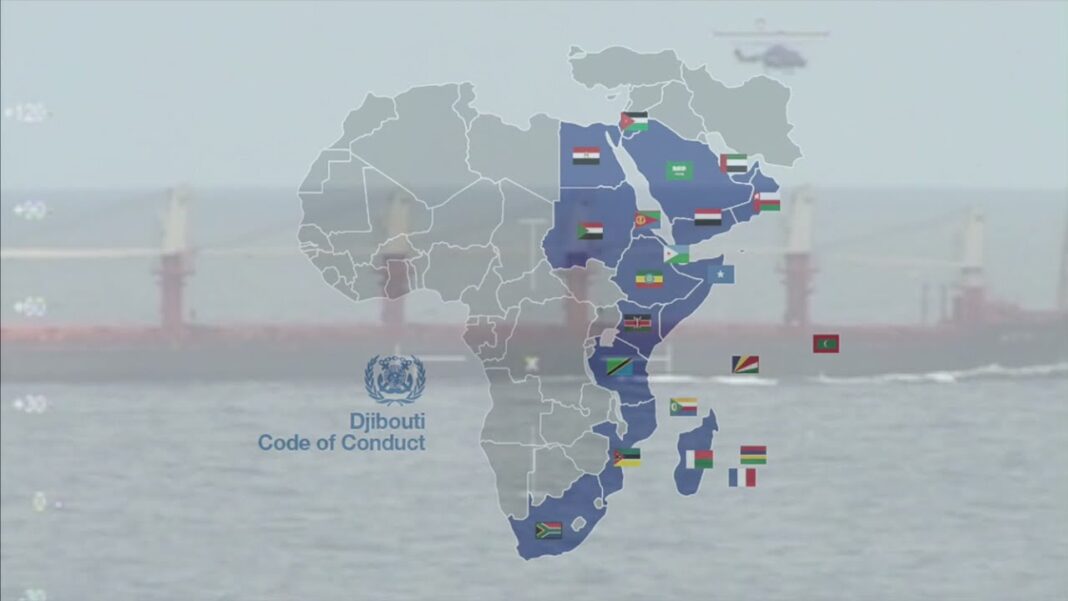The EU will soon become a ‘Friend’ (i.e., observer) of the Djibouti Code of Conduct/Jeddah Amendment, a regional cooperation framework to tackle piracy, armed robbery, human trafficking and other illegal maritime activities in the North-Western Indian Ocean, including the Gulf of Aden and the Red Sea.
The Council today formally decided to accept the invitation from the Secretariat of the Djibouti Code of Conduct/Jeddah Amendment. By becoming ‘Friend’ of the Djibouti Code of Conduct/Jeddah Amendment, the EU signals its strong support for an effective regional maritime security architecture, while strengthening its presence and engagement as a global maritime security provider in the fight against illegal activities at sea.
The North-Western Indian Ocean is one of the most dynamic centres of economic growth in the world. With 80% of the world’s trade passing through the Indian Ocean, it is crucial to ensure freedom of navigation and protect the EU’s and its partners’ security and interests.
Background
The Djibouti Code of Conduct/Jeddah Amendment was signed in 2017 by 17 signatory states in the North West Indian Ocean to promote regional cooperation and to boost signatory states’ capacity to counter the growing threats to maritime security in the Gulf of Aden and the Red Sea. The EU has been a long-standing maritime security partner in the region.
Since 2008, operation EUNAVFOR Atalanta has been fighting against piracy. More recently, with the launch of EUNAVFOR Aspides, the EU is protecting merchant vessels crossing the Red Sea.
In parallel, the EU conducts capacity building missions, such as EUCAP Somalia, EUTM Somalia and EUTM Mozambique, as well as projects for maritime security such as CRIMARIO II and EC SAFE SEAS AFRICA.
In 2022, the Council adopted conclusions on the launch of the Coordinated Maritime Presences concept in the North-Western Indian Ocean, a framework for a strengthened EU role as a maritime security provided in the region and for cooperation with coastal states and regional maritime security organisations.











